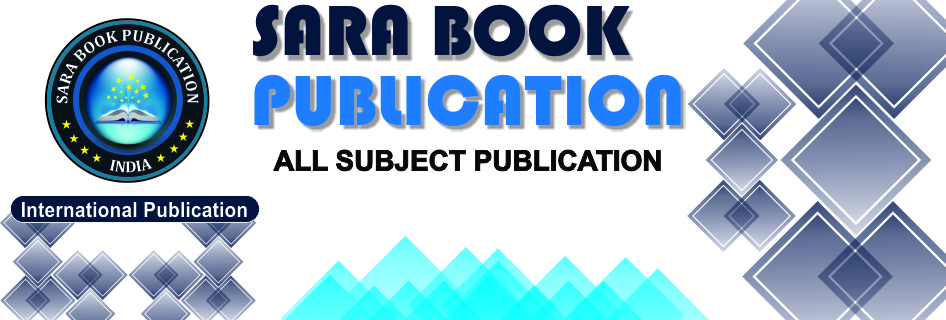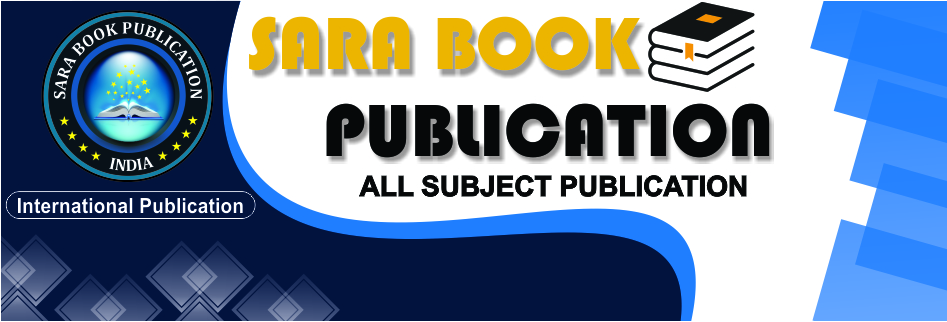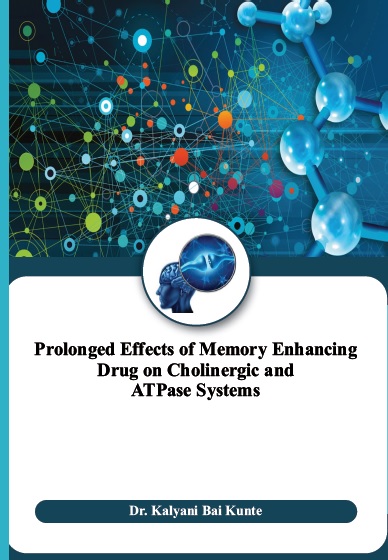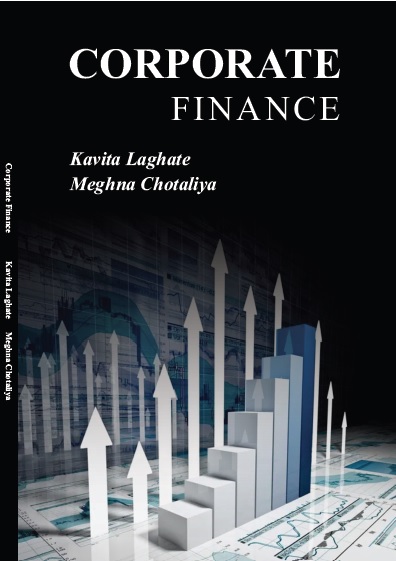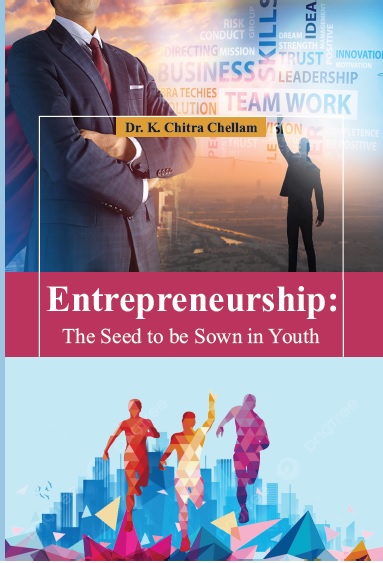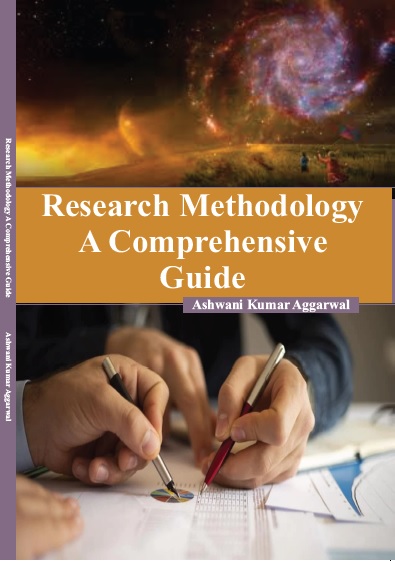SOCIAL SCIENCE AND HUMANITIES
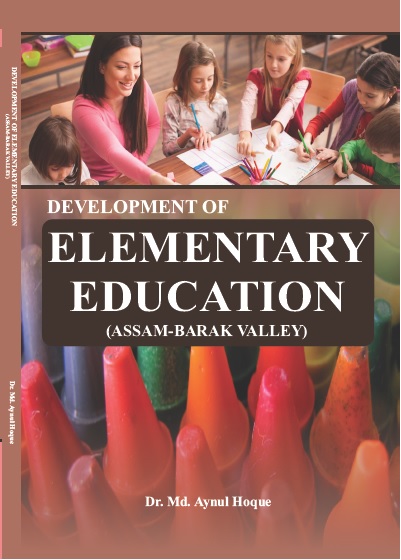
Development Of Elementary Education (assam-barak Valley)
by Dr. Md. Aynul Hoque
ISBN Number : 978 - 1- 73027 - 380 - 3
Authors Details
| Author Name | Image | About Author |
|---|---|---|
| Dr. Md. Aynul Hoque |  |
Dr. Md. Aynul Hoque, a Teacher Educator has started his professional career as a Lecturer in
Patharkandi College of Education (Assam) in 2003 and thereafter, he has explored extensively to many
Teacher Education Institutions of North Eastern Region and rendered his service as a Teacher Educator
which includes- The Department of Education, Assam (Central) University, Silchar as Guest Faculty;
The Faculty of Education, The ICFAI University, Tripura as an Assistant Professor; The NERIENCERT,
Shillong as an Assistant Professor (Contractual). Presently, Dr. Hoque is working with
Patharkandi College of Education (Assam) as a Lecturer in Education and Head, Department of
D.El.Ed.
Dr. Md. Aynul Hoque, obtained Master Degree in History and Education, B.Ed.; M.Ed. and Ph.D. in
Education from Assam (Central) University, Silchar and also qualified UGC-NET in Education in
Dec. 2009.
Dr. Hoque has to his credit more than 15 Research Articles published in various International and
National Journals, and has contributed 3 chapters in edited books. He has attended about 30
International, National, Regional level Seminars, Workshops, Conferences, Orientation Programs etc.
specifically focused on Teacher Education. His area of interests includes- Teacher Education, History
of Education, Elementary Education, Sociology of Education, Research Methodology, Teaching of
Social Science, Educational Policy Perspectives. |
Book Description
Education is a mechanism through which the transformation of human being is carried out. It is the basis for the prosperity of a nation and also a vehicle for social transformation. It is a must for nation building, modernization, political development, economic growth and for institutionalization of political freedom. Education is not only a goal oriented but also a value laden process. Education in any society should be guided by certain values or philosophy upheld by it. In the backdrop of unprecedented economic growth, side by side with unequal distribution of resources and acute poverty in the contemporary world, the International Commission (Willy Brandt Commission) for the survival of mankind on this planet observes: "… the new generation of the world need not only economic solution; they need ideas to inspire them... They need a belief in man, in human dignity, in basic human rights; a belief in the values of justice, freedom, peace, mutual respect in love and generosity in reason rather than force.” (Willy Brandt, 1983). Childhood is often regarded as the ‘golden age’ that is synonymous with innocence, freedom, joy, play and the like. It is the time when no one shouldered any kind of responsibility or obligations. Even then, it is also true that children are vulnerable especially when they are young, need to be cared for and protected from the harshness of the world outside and around. It is, indeed a period in a person’s life during which he/she is neither expected nor allowed to fully participate in various domains of social life. It is thus, not a world of freedom and opportunity, but one of the confinement and limitation in which children’s are wholly subservient and dependent. Childhood is not a static, objective and universal fact of human nature, but a social construction which is both culturally and historically determined. Realizing the significance of child education, to be precisely elementary education, the Government of India from time to time undertook several efforts over past six and a half decades to universalize primary education and despite making commendable progress, educational opportunities though equal, the achievements by different sections and regions are still unequal and hence 100% literacy or even enrolment in Primary schools continues to be elusive. It is also pertinent to mention here that, the reason of our failure to achieve 100% enrolment, even after 65 years of effort, do not lie just in the present social or political system but have historical roots. Under such condition, it is essential to study the development of education historically; only then will it be possible to identify the factors that shape the educational system in this country. Only on the basis of such factors shall it be possible to reconstruct the system so that all eligible children get enrolled for at least elementary education and complete it successfully. However, in order to acquire a thorough understanding of the progress of elementary education in the state of Assam in general and Barak Valley in particular, I have carried out my Ph. D. work entitled, “A Study of The Development of Elementary Education in Assam since Independence with Special Reference to Barak Valley.” Therefore, this book is an outcome of my Ph.D. Research work. The book is deals with socio-cultural roots of education and the progress made at different periods in the state of Assam and Barak Valley separately. The book is divvied in to four (4) Chapters with sub-headings. Chapter 1 deals with introduction, briefed about the movements of compulsory primary education in India leading to the passing of RTE Act, 2001. Chapter 3 recorded the development of education in Assam till independence, the status of elementary education at the dawn of independence and the progress of elementary education since independence under different dimensions. Chapter 4 elaborates the education scenario of Barak Valley before independence, status of elementary education at the time of independence and the development of elementary education since independence under different dimensions. Chapter 6 examined the major outcomes of the study and conclusions followed by the references. The details on the development of education historically in the state of Assam & Barak Valley given in the book will surely bring forth benefits to the students, researchers, academicians and educational planners in their endeavor of knowledge construction & policy perspective in order to develop a people’s system of education fitted to cater to their needs and aspirations. This idea of writing the book emanated in my mind due to the complexity and meager sources and documents on the progress of education particularly in Barak Valley region of the state of Assam encountered in the course of my research work. It is the result of committed efforts towards demonstrating the real picture of education in the state of Assam and Barak Valley separately with comparison and to rationalize the need of culture specific education since diversity is our strength and celebrating it is our pride. The exhaustive scrutiny of the book revealed that, racial stocks, stages of economic development, nature of polity, culture, language etc. were taken into consideration while planning the schemes of education during the British rule. Even in ancient time, education was provided to an individual in accordance with the calling of his caste occupational requirements, thus corresponding to the needs of the economy, culture, polity and philosophy of the society of the time. In other words, the history of educational development shows that a scheme of education becomes popular only if it is relevant to the economic, political, cultural needs of the society. If a system fails to be relevant, it only becomes a waste of resources and it does not generate a demand for itself.



